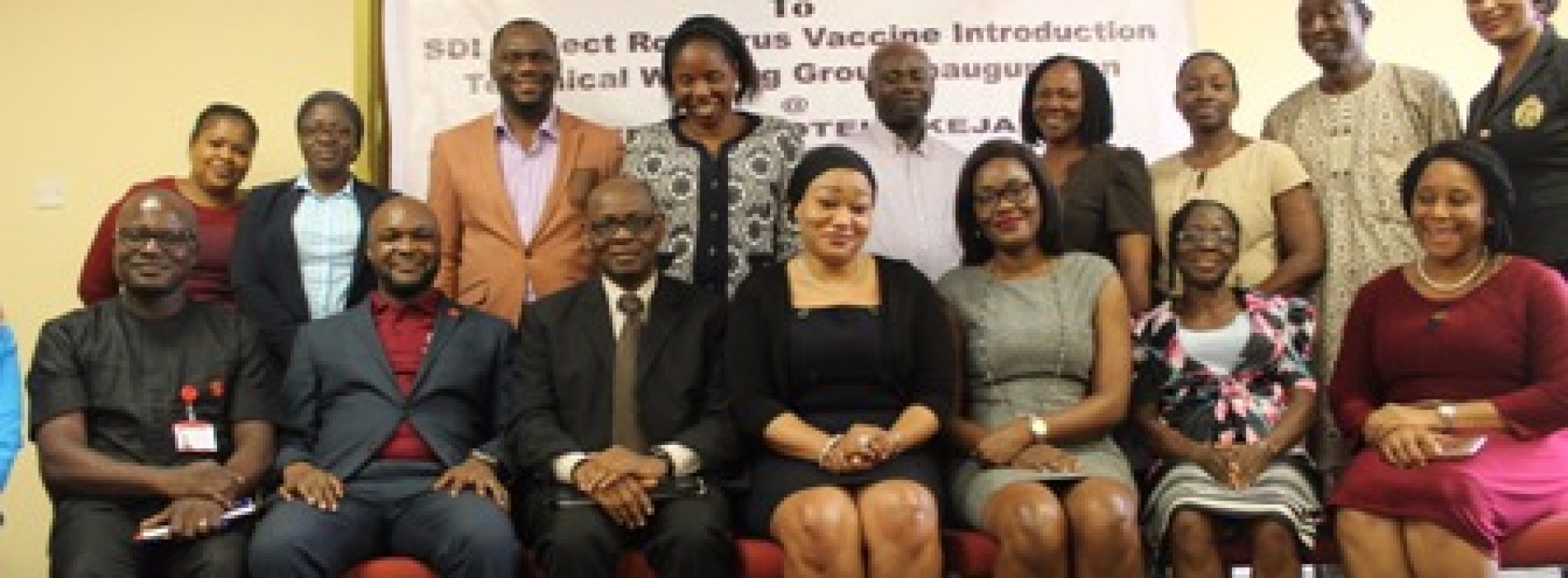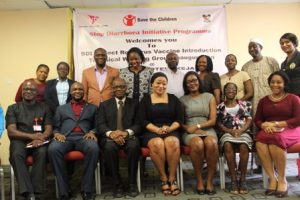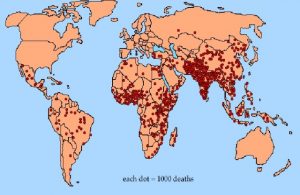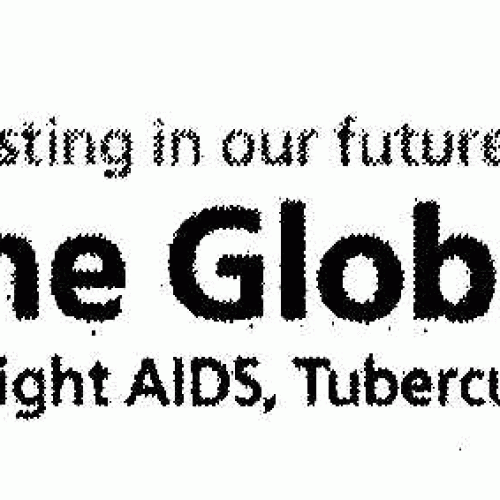Nigeria introduces rotavirus vaccine
-
Save the Children inaugurates Technical Working Group on introduction
-
Pilot scheme takes off in Somolu LGA, Lagos in June
-
Nationwide launch scheduled for 2018
Nigeria took another giant step towards the fight against diarrhoea following the inauguration of a multi-sectoral Technical Working Group on Thursday by Save the Children to work out modalities for the introduction of Rotavirus vaccine in Shomolu Local Government, Lagos State in June.
Rotavirus vaccine is one of the new vaccines to be introduced into the nation’s immunisation schedule in phases commencing in 2018. It is being introduced in Shomolu LGA in Lagos in collaboration with the National Primary Health Care Development Agency (NPHCDA) and the Lagos Ministry of Health.
A statement by Save The Children described the pilot scheme for the introduction of the vaccine in Nigeria as part of its ‘Stop Diarrhoea Initiative’ (SDI), a four-year project being implemented in collaboration with the Lagos State government with support from Reckitt Benckiser.
“The SDI programme employs the WHO/UNICEF recommended 7-point plan, which is a comprehensive approach including both treatment and prevention of diarrhoea. The objective of this project is to reduce by 50% the prevalence of diarrhoea amongst children under the age of five years in Shomolu local government area by demonstrating the efficacy of the WHO/UNICEF’s 7-point plan for the prevention and management of diarrhoea among under-5 children.”
The World Health Organisation (WHO) recommends that all countries, particularly those with high diarrhoea mortality rates in children should introduce the rotavirus vaccines into their immunisation programs. According to the statement from Save The Children, countries that have implemented the vaccine have documented a ‘tremendous impact on severe diarrhoea and rotavirus disease requiring hospitalization with some countries documenting substantial decreases of 22% – 50% in diarrhoea mortality among children under 5 years of age following vaccine introduction.
“Introduction of rotavirus immunisation in conjunction with the other elements of the WHO/UNICEF plan would therefore be expected to have a significant impact on the prevalence of diarrhoea in the target LGA,” the statement further said.
The new technical working group is expected to coordinate the implementation of the roll out of the rotavirus vaccine in Shomolu. The group is expected to document the experience of the pilot scheme and help facilitate the nationwide introduction of the vaccine next year.
It is estimated that Nigeria loses about 1.8 million children under five of age from diarrhoeal diseases, which is one of the leading causes of child mortality. Lagos State is reportedly the second highest contributor to diarrhoea in the South west zone of Nigeria with a prevalence of 7.5% after Oyo state which has a prevalence rate of 9.2%. According to Save The Children, this translates to 315,000 chidlren with diarrhoea on annual basis.
“Lagos State has been chosen for the implementation of this Signature Programme and though it is the smallest in the country in terms of land mass, it is the most populous with an estimated population of 21 million people, roughly 12.5% of the national population.
“In the 2014 baseline survey for the SDI project, diarrhoea prevalence in Shomolu LGA was found to be 7.3% reducing to 4.5% after the first year of implementation of the SDI intervention (however, excluding administration of the rotavirus vaccine).
“The target population of infants aged under one in Shomolu for routine immunisation is 23,000 with an annual birth rate of 4%. This equates to a total population in Shomolu LGA of approximately 600,008,” the Save The children statement further says.
Key facts about Rotavirus disease
- Rotavirus causes severe diarrhoea, vomiting, and fever leading to rapid dehydration.
- Rotavirus is responsible for the deaths of an estimated 600,000 children worldwide each year, 80 percent of whom live in developing countries. Due to a lack of routine rotavirus surveillance in some regions, the extent of rotavirus disease mortality is unknown in many countries.
- Rotavirus causes nearly 2 million hospitalizations each year. In Asia, up to 45 percent of the children hospitalized for diarrhoea are infected with rotavirus.
- Rotavirus is found in all countries. Almost every child in the world will suffer at least one infection by the time he or she is 3 years old.
- Providing clean drinking water and otherwise improving sanitation and hygiene do not significantly reduce the spread of rotavirus. But few people are aware of this fact—they assume that rotavirus can be controlled like other water-borne diseases. This is one of the most dangerous information gaps because it undermines the development of effective rotavirus control strategies.
- Because children with rotavirus often suffer frequent bouts of vomiting, parents and caregivers have difficulty administering oral rehydration solution (ORS) at home, lessening its effectiveness.
- Enhancing diarrheal disease control through a combined prevention and treatment strategy—incorporating rotavirus vaccine; new, low-osmolarity formulations of ORS; and zinc supplementation during diarrhea episodes—can rapidly and significantly reduce child mortality where diarrheal disease is a serious burden.
Source: PATH
About author
You might also like
Diabetes: Why Nigerians are not achieving control
No self monitoring by patients Ignorance by care givers and patients Financial constraints Poor adherence to therapy and several other factors Amidst studies showing that more than 70% of Nigerians
GFATM suspends disbursement for HIV/AIDS, Malaria in Nigeria
The Global Fund to fight HIV/AIDS, Tuberculosis and Malaria (GFATM) has suspended its HIV and Malaria disbursement in Nigeria over failure to meet target especially in areas such as antiretroviral
NHEA 2022: How collaborations, understanding can spur quality health delivery – Dr Ehanire
Minister of Health, Dr Osagie Ehanire has called for collaborations understanding among players in the healthcare sector to be able to achieve quality healthcare delivery in Nigeria. Speaking at the









4 Comments
Shina
October 18, 00:04Oge
September 11, 16:46Herdeeyenkah
November 20, 04:52Ada
August 31, 11:21